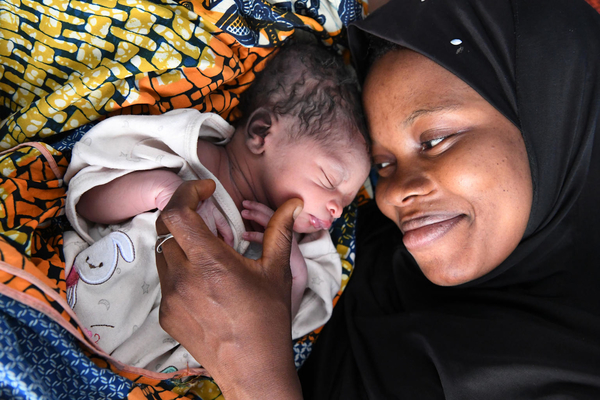PRESENTATIONS ARE POSTED IN THE RIGHT HAND MENU
Summary
Newborns are the most vulnerable when health systems are stretched. With only 10 years to meet the SDGs, and the COVID-19 pandemic threatening to lose hard-won gains, we need to act fast to transform care for the most vulnerable.
Improving care for newborns does not only drive down mortality and disability; it also leads to improved health during the lifecourse, and improved human capital.
More data is needed on coverage, equity and quality of care to drive more rapid change.
An example from Nepal looks at progress for neonatal survival through an equity lens. The experience of a neonatal unit in Gambia points to recommendations to address a high rate of hospital acquired infections and improve quality of care for newborns.
Questions spanned a wide array of topics such as the difficulty to adopt quality of care indicators as part of routine data collection, the need to boost investments to stem neonatal mortality in Sub-Saharan Africa, treatment of neonatal sepsis or bacteraemia, and guidance to care for a newborn born to a COVID-19+ mother.
Presenters
- Prof. Joy Lawn presented key findings of ‘What the numbers say’ , the second chapter in the Survive and Thrive: transforming care for every small and sick newborn report.
- Dr. Ashish K.C shared the Nepal example.
- Dr. Uduak Okomo shared the experience from a neonatal unit in The Gambia.
- Dr. Ornella Lincetto presented current data on COVID-19 in pregnant women and newborns.
The session was facilitated by Dr. Ornella Lincetto, Senior Medical Officer for Newborn Health, World Health Organization.
See also session 2 of this webinar, on 20 May at 1 pm CEST
This is the 2nd webinar in a series organized by the World Health Organization and UNICEF on Transforming Care for Small and Sick Newborns, in collaboration with the Network for Improving Quality of Care for Maternal, Newborn and Child Health. Experts on neonatal health will present the findings of the Survive and Thrive: transforming care for every small and sick newborn report, share country experiences, and introduce the World Health Organization's new standards of care for small and sick newborns.
Photo:©UNICEF/UNI288585/Frank Dejo

